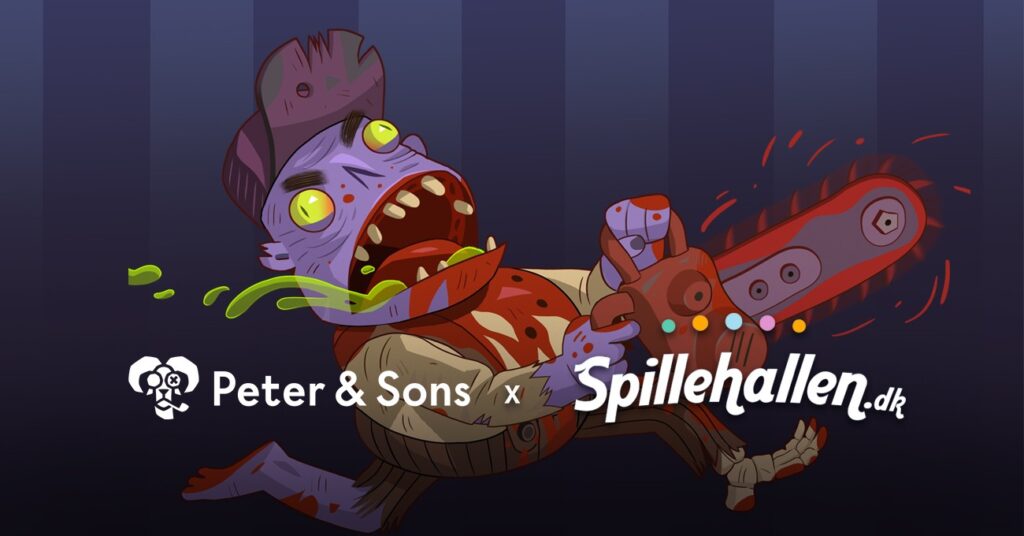Now Reading: Why Hyper-Localisation Is Key to Virtual Sports Success in Latin America
-
01
Why Hyper-Localisation Is Key to Virtual Sports Success in Latin America

Why Hyper-Localisation Is Key to Virtual Sports Success in Latin America
Virtual sports are no longer a niche. In Latin America, they’re becoming a core part of the sportsbook portfolio. But growth doesn’t guarantee results. As more suppliers move into the region, the real differentiator isn’t speed. It’s fit.
This region isn’t a single market. It’s a collection of distinct countries, each with its own sporting cultures, betting behaviours, and regulatory pace. Trying to scale a standardised product across the continent without adjustment is a fast way to miss the mark.
Localisation Means More Than Language
Effective localisation isn’t cosmetic. It’s a product decision. Reskinned content won’t resonate if it doesn’t reflect the sports culture players already live in. A virtual football league that mirrors real national competitions will always outperform a generic simulation with local branding.
In Brazil, our virtual football leagues mirror the structure of national and regional tournaments, giving players content that feels close to the competitions they already follow. For audiences looking for lighter, entertainment-led formats, Racing Colours combines the excitement of racing with number-based play, offering a straightforward and entertaining option. These aren’t global products with local wrappers. They’re experiences shaped by the environments players know, refined through local insight.
We consciously developed Animalito as a product that extends beyond virtual sports. It’s built on a format long embedded in everyday play, culturally rich and rooted in longstanding traditions. While created with Venezuela in mind, its appeal has reached other Latin American markets, carrying a depth that audiences recognise and value.
Each Market Is on Its Own Path
The regulatory environment varies widely. Colombia and Peru offer stable frameworks. Argentina’s province-led structure demands flexibility. Chile is moving toward legalisation but remains unsettled.
Brazil presents a different scenario. It’s large, mobile-led, and culturally centred on sport. With regulation now in motion, the focus shifts to readiness. Operators and providers who can launch with content tailored to Brazilian players will move faster and build stronger early trust.
Across all markets, success depends on having compliance designed in from the start and adapting with speed as policies evolve.
Why It Matters for Operators
Localised content helps operators build stronger relevance in competitive markets, where cultural ties and national identity play a central role in player engagement. The closer the experience feels to local expectations, the more credible and trusted it becomes.
This approach can be deepened through promotions or campaigns aligned with national calendars and major sporting milestones. Done well, it signals respect for local culture and creates a natural connection with audiences.
By working with content providers who treat localisation as a guiding principle, like Kiron Interactive, operators gain products designed to succeed in-market, not just in theory.
Read Also: A Year of Leadership and Recognition: A Vision that Inspires
A Long-Term Play, Not a Quick Win
This isn’t about chasing growth curves. It’s about building relevance in markets that will continue to mature over the next decade. The winners won’t be the first to launch. They’ll be the ones who feel like they belong.
Latin America offers unmatched opportunity for virtual sports. Real success depends on a long-term commitment to localisation, not as a feature but as the foundation. That means understanding each market deeply, respecting what makes it distinct, and designing content that speaks directly to the players and operators who live there.
Article by #Kiron Interactive












